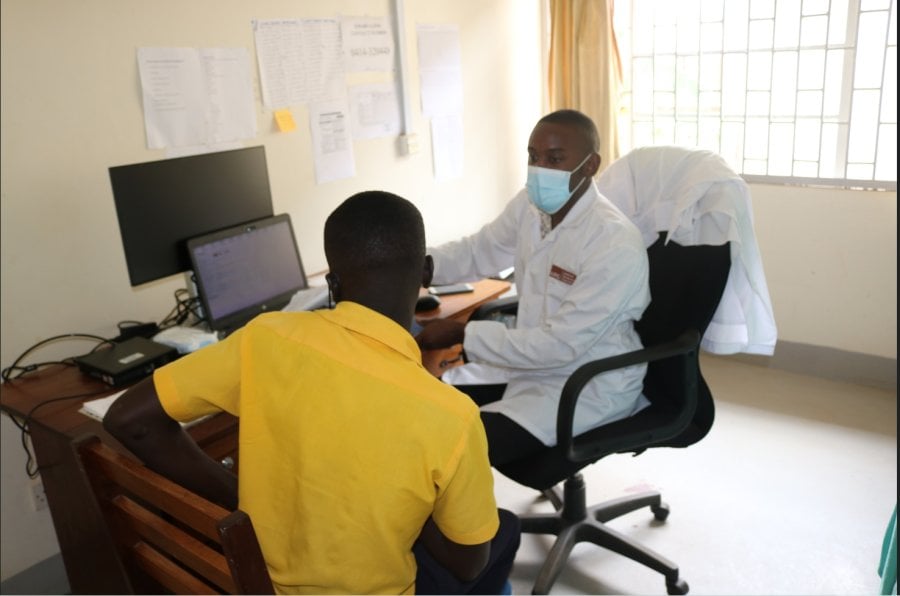
A recent 36-month study by HIV Epidemiologists at MRC/UVRI and LSHTM Uganda Research Unit has revealed that while adolescents in the sub-Saharan Africa (SSA) perceive Pre-exposure prophylaxis (PrEP), a medicine taken to prevent getting HIV to be useful, its acceptability depends on one’s sexual lifestyle and risky behaviours.
The “Feasibility of enrolling and retaining adolescents at risk” (FERDAR) study has been engaging adolescents aged 14-19-years perceived to be at high risk of HIV infection in Kampala, Uganda, using qualitative data collection methods with the aim of assessing their perceptions regarding the use of on-demand and daily PrEP.
The study reveals that understanding adolescents’ current sex lifestyle is critical to influencing their attitudes towards the acceptance and choice of PrEP. The study found differences in motivation for PrEP uptake. Sexually active adolescents who perceived themselves to be at increased risk of acquiring HIV prefer using daily PrEP. On the other hand, those engaged in less frequent sex preferred on-demand PrEP because it would enable them ‘plan for sex’.
The results from the cohort study that enrolled 490 participants however revealed sentiments that if not addressed may influence PrEP adherence. The study highlights the need to address the stigma and stress associated with using daily PrEP that would otherwise interrupt their routine use. Both male and female adolescents perceive taking of daily PrEP to be a burden and an impediment to acceptance of this form of PrEP.
According to Dr. Yunia Mayanja, a scientist at the Unit, despite the known health benefits of oral PrEP, provision of novel biomedical HIV prevention interventions to all eligible high-risk populations must be tailored to ‘end-user preferences and risk profiles.’
Results from the study thus pave way to understanding the potential threats of oral PrEP adoption into the clinical practice that must be addressed to successfully rollout oral PrEP and encourage persistence on PrEP. The study recommends the need to address end-user preferences and perceived risks for PrEP use to be successfully implemented as an effective HIV prevention approach among adolescents.
Our postgraduate taught courses provide health practitioners, clinicians, policy-makers, scientists and recent graduates with a world-class qualification in public and global health.
If you are coming to LSHTM to study a distance learning programme (PG Cert, PG Dip, MSc or individual modules) starting in 2024, you may be eligible for a 5% discount on your tuition fees.
These fee reduction schemes are available for a limited time only.
